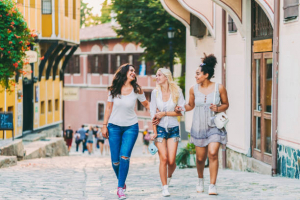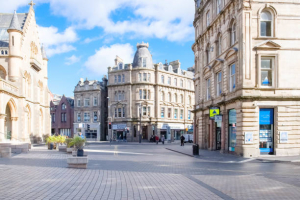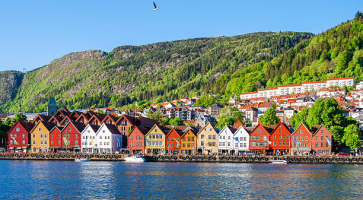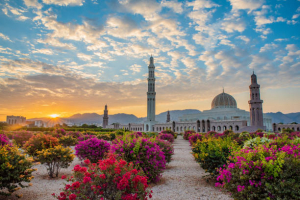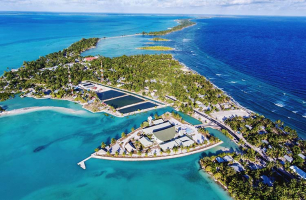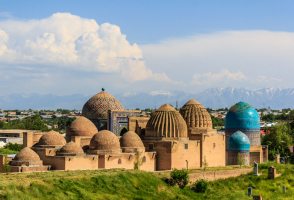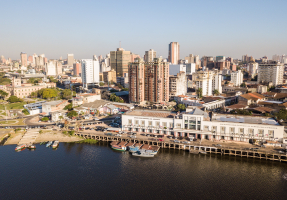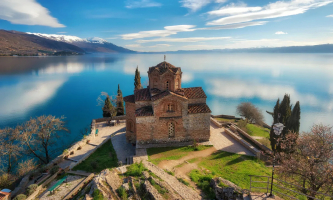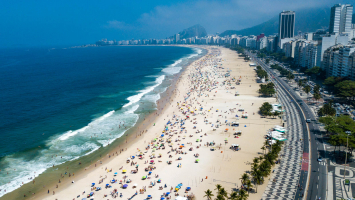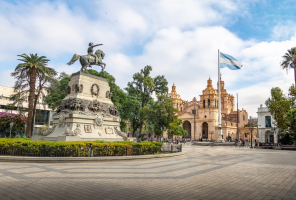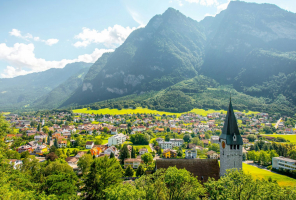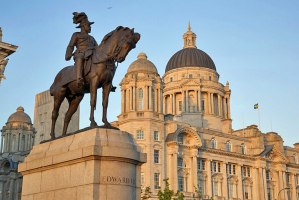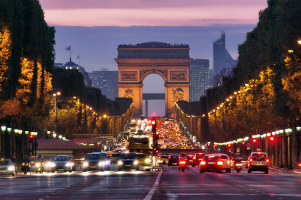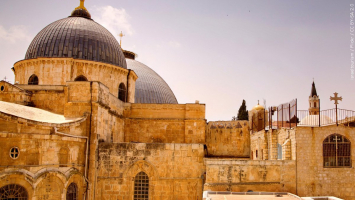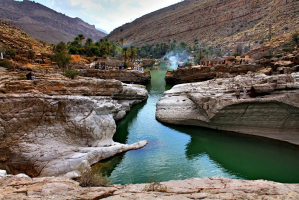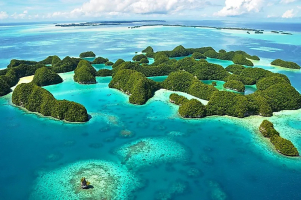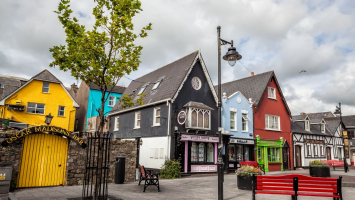Top 8 Reasons to Visit Djibouti
There is no destination that those consumed by wanderlust would not want to visit. However, Djibouti, in the Horn of Africa, is rarely at the top of most ... read more...travelers' bucket lists. Djibouti, which occupies a small corner of the coast, is the ideal place to get away from the hustle and bustle of daily life. Here is a list of reasons to visit Djibouti, from its vast lakes to the beauty of the capital city.
-
This country on Africa's eastern horn is almost entirely desert. Only about 1% of its roughly 9000 square miles is forested to any significant extent. Djibouti is mostly hot, arid, and dependent on fixed sources of water such as wells and oases, with the exception of a small section of mountainous land in the northern part of the country that is slightly cooler, and two large lakes where wetland species can survive. This results in a harsh and unwelcoming environment in nature for both human and animal species.
Lake Abbe (primarily in neighboring Ethiopia) and Lake Assal are the only perennial rivers in the country. While Lake Abbe is freshwater, Lake Assal is saltwater and, at 509 feet in elevation, is Africa's lowest point. Djibouti has only about 60 mammal species, as well as about 40 reptiles, 3 amphibians, 450 fish, and 360 birds. There is no national animal in Djibouti. The most recognizable animals of Djibouti would probably be the camel, the ostrich, or the Grevy’s Zebra.
The Day Forest National Park is the primary entry point for Djibouti's animals and wildlife species. This relatively small (2200-acre) wildlife preserve is one of the country's few wooded areas. Aside from this small patch of cool green, most other animals and wildlife species will be found only in close proximity to the very limited water supplies.
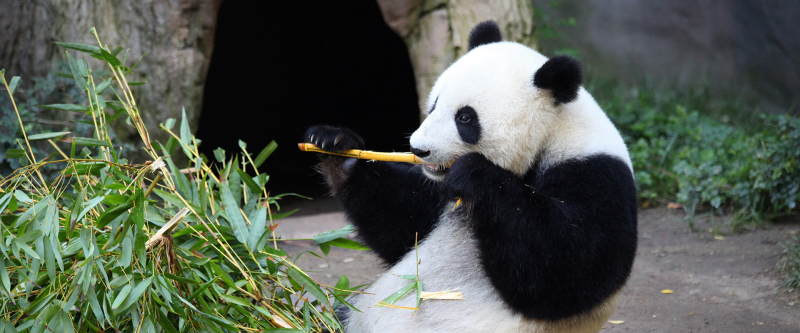
https://www.mindrayanimal.com/ 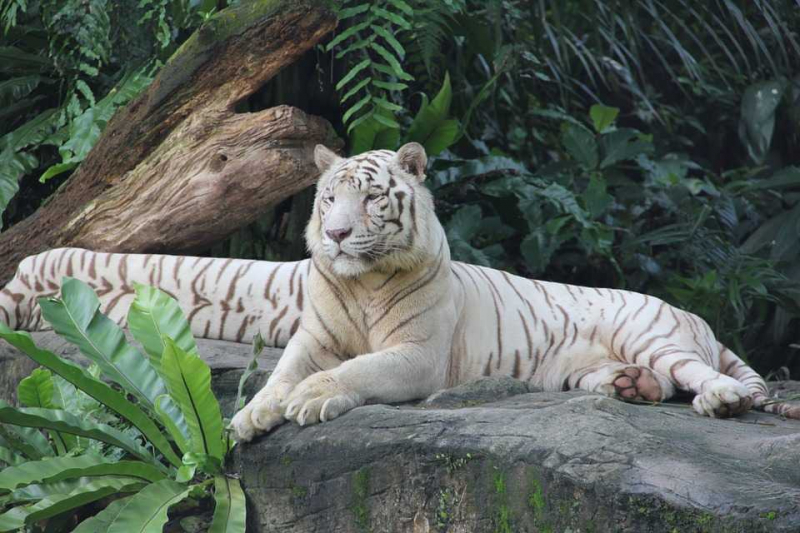
https://www.holidify.com/ -
Djibouti's landscape is diverse and extreme, ranging from rugged mountains in the north to low desert plains separated by parallel plateaus in the west and south. At 6,654 feet, Mount Moussa is its highest point (2,028 metres). The saline Lake Assal, which is also the lowest point in Africa, is 509 feet (155 metres) below sea level.
The country is known around the world as a geologic treasure trove. The country has significant seismic and geothermal activity due to its location at a triple juncture of the Red Sea, Gulf of Aden, and East African rift systems. Slight tremors are common, and the terrain is littered with basalt from previous volcanic activity. The eruption of the Ardoukoba volcano in November 1978, complete with spectacular lava flows, drew the attention of volcanologists all over the world.
The tremendous seismic activity that accompanied the eruption, which caused the plates between Africa and the Arabian Peninsula to widen by more than a metre, was of particular interest. This causes the land to have the appearance of a moonlike landscape that will take your breath away. This is one of reasons to visit Djibouti.
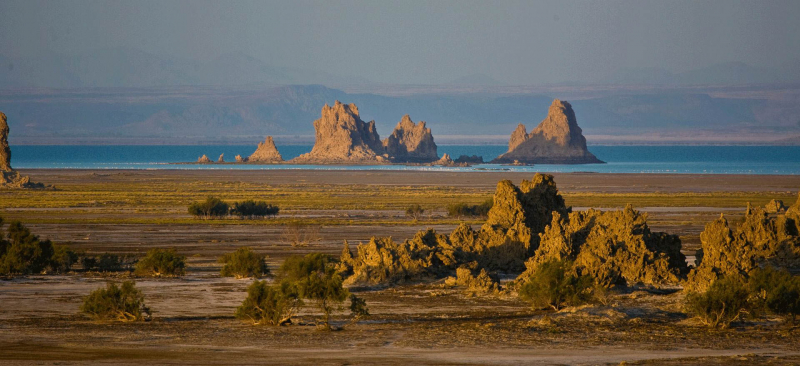
https://www.yoair.com/ 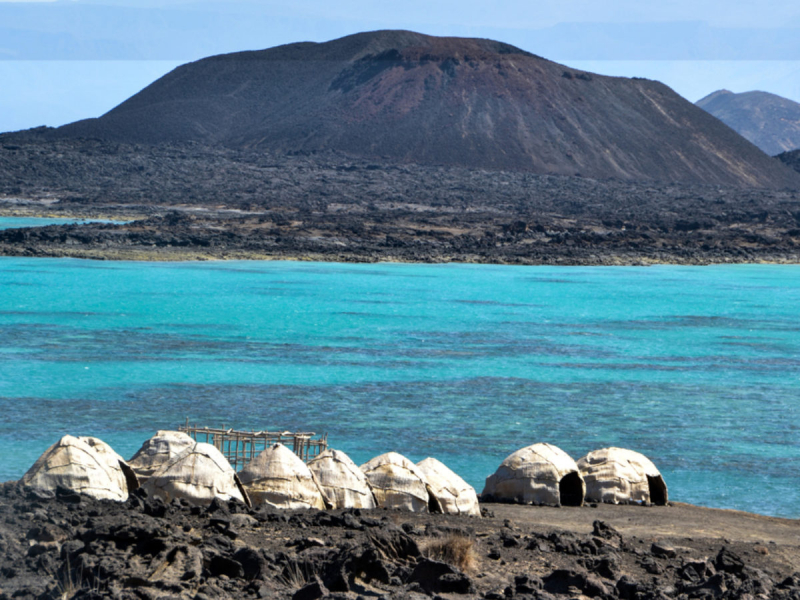
https://hub.wtm.com/ -
Among reasons to visit Djibouti, sea life is one of them. Djibouti's proximity to the Red Sea makes it an ideal starting point for exploring the area's abundant sea life, with many organizations offering snorkeling and scuba diving trips. World-class soft coral reefs, including reef sharks, whale sharks, and mantra rays, can be found in the Gulf of Tadjoura and the Seven Brothers Islands off the coast of Djibouti. Djibouti has a very small and underdeveloped fishing industry, despite having extremely limited arable land and a coastline of approximately 195 miles. There are approximately ninety fishing boats employing approximately 300 people that primarily catch reef fish such as grouper, but much of the fishing involves traditional spear hunting or using a line and hook. Local divers also catch lobsters. Due to the country's poverty, Djibouti lacks the capacity to patrol its seas. Fishermen from Yemen are known to fish illegally in Djiboutian waters.
Although Djibouti has the capacity to land more than 350 tons from the sea each year, the Fisheries Law of 2002 prohibits large-scale development, ensuring that traditional fishing habits remain at the heart of the industry. In addition to sea life, Djibouti has many lakes, including Lake Assal, a crater lake in central Djibouti that is not only the world's third largest saltwater lake (sadly, making its supply unsuitable for human consumption in the drought-stricken country), but also Africa's lowest point, at 508 feet below sea level. The country's sea life can also be explored from beaches near the capital, such as Dorale and Khor-Ambade. Travelers can also do some whale watching!
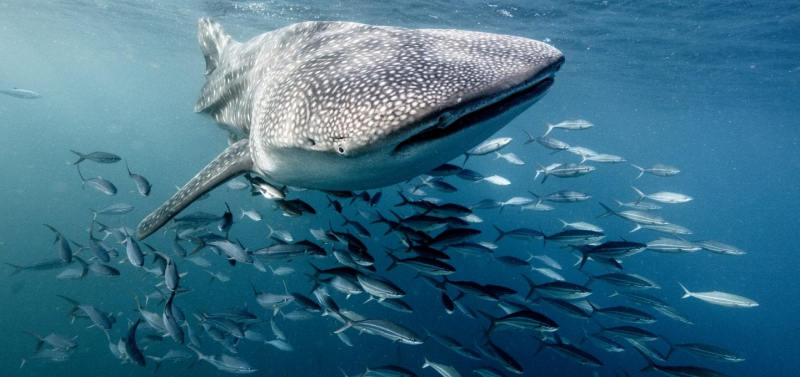
https://oceanographicmagazine.com/ https://www.youtube.com/ -
When it comes to reasons to visit Djibouti, can't help but mention. As a former French colony, Djibouti City has preserved some stunning buildings that reflect the French architectural style. Traveling from downtown near the National Assembly to Heron, or from Harmouss to Quartier 7, you'll be amazed at how quickly the landscape changes. It's an eye-opening look at Djibouti's many facets.
Its captivating landscapes of deserts, volcanoes, and salt lakes sometimes make us forget that Djibouti also has a distinct architectural heritage, a testament to its location between East and West. Amazing archaeological sites can be found in the heart of its large rocky massifs. Tumuli, sepulchres, and rock paintings bear witness to the wealth of thousand-year-old cultures. The Afar people's habitat will astound you with its ingenuity.
Djibouti also has a rich colonial heritage, with former trading posts that have been transformed into cities through Western urban planning and are home to cosmopolitan architecture. Djibouti is now at the center of major geostrategic issues, attracting all eyes and all investments, as pharaonic projects multiply. However, preserving its heritage remains a top priority. Set out on an unexpected journey between tradition and modernity!
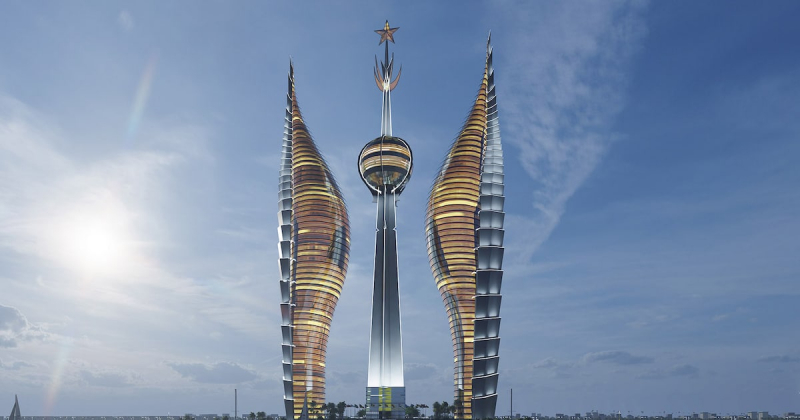
https://mymodernmet.com/ 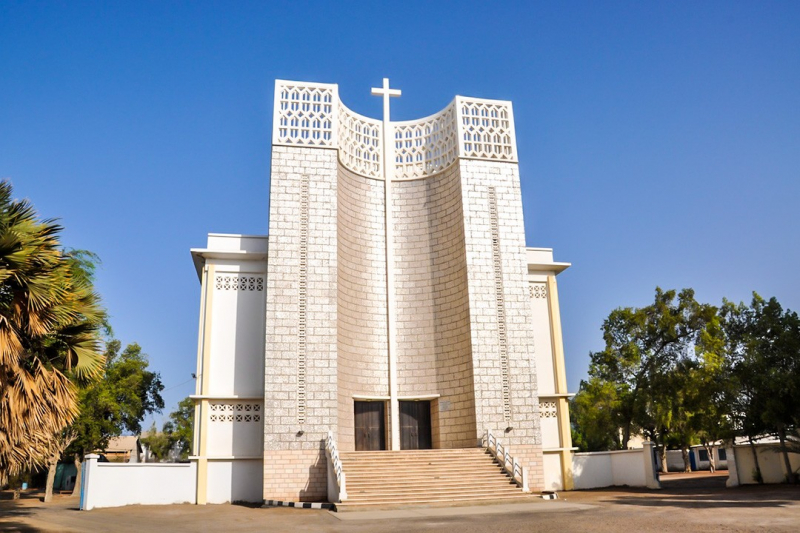
https://www.atlasandboots.com/ -
Djiboutian cuisine has inherited many interesting traditions from Ethiopian cooking. Local dishes are quite simple but have an incomparable flavor. Delicacies are unique among traditional dishes. The most common treats are spiced raw ground beef and steak tartare, both of which are frequently served with interesting sauces and seasonings. Meat with Berbere sauce—the hottest sauce served with many dishes—is a must-try for fans of savory dishes.
Whatever the order, guests of local restaurants will undoubtedly be served fresh wheat tortillas prepared in special clay ovens according to a special recipe. Craft beer is the most popular drink among locals. This refreshing drink has gained popularity among foreign visitors—there is no better way to beat the heat in Djibouti.
The majority of foreign visitors will be surprised by the variety of local foods available in Djibouti. Fafa soup is a traditional local soup made of oxtail and joints. The broth made from these ingredients is very tasty. Following that, the broth is seasoned with onion, ginger, fresh greens, and other vegetables. One of the dish's main characteristics is its liberal use of spices. Among the required spices are cloves, fennel and coriander seeds, cinnamon, and other spices, which give the soup its signature spicy and distinct flavor. It is definitely one of the reasons to visit Djibouti.
https://www.youtube.com/ 
https://www.travelingeast.com/ -
Visiting Lac Abbé and Lac Assal is also difficult. These two lakes are located in Djibouti, one of the world's least visited countries and not a popular tourist destination. There is little visitor traffic aside from some members of foreign military bases and a couple of adventurers with a desire to visit off-the-beaten-path countries. Djibouti is the most expensive country in Africa, with limited flights, conflicting land borders, and a strategic position for military alliances. Three-star hotels rarely cost less than $80 USD per night, and multi-day tours can easily cost thousands of dollars.
Lac Abbe's scenery has been described as "otherworldly." Its fumaroles, or volcanic vents, hot springs, and flamingos that migrate from South Africa make it one of the most unique places in the world, spanning the border of Djibouti and Ethiopia. Travel through Afar country and spend the night in an authentic Afar hut. Seeing the breathtaking sunrise and sunset will make this a trip you will never forget. On your way back to Djibouti City, stop by Lac Assal, the world's largest salt reserve and the lowest point on the African continent.
Lake Abbe is an incredibly unique and imposing landscape that is both breathtakingly beautiful and terrifyingly terrifying. This lovely lake, which is just under 20 square kilometers in size, is poisonous due to its high salt content, but it still supports a diverse range of animals. The large rock formations jettisoning out into the sky are Lake Abba's most distinguishing feature. These rock formations, on the other hand, are naturally occurring chimneys that spew steam from underground springs in the morning.
https://www.youtube.com/ https://www.youtube.com/ -
Djibouti's holidays and festivals are widely celebrated. Many of these cultural events, including Islamic and Christian celebrations, are based on religious practices and observances. Ramadan and Christmas are popular holidays, and Independence Day is also celebrated with many traditions, singing and dancing, and plenty of food. The dates of Islamic festivals change according to the lunar calendar each year. New Year's, Labor Day, Independence Day, and Christmas are all fixed holidays.
The party scene in Djibouti City is truly vibrant. The Djiboutians certainly know how to do it! Djibouti is home to thousands of foreigners, Ethiopians, and, more recently, Yemeni merchants due to its strategic location. Djibouti is a multicultural melting pot where African, Arab, American, and European music is played all week. Don't miss Menelik in the city center or the Safari Club in the Kempinski Palace during Ramadan. This July 30-day fast is marked by devotional practices in which women sing praise songs and read poems in their native language. Breaking the fast begins with a sunset prayer, after which people consume only affur food. Ramadan concludes with the Feast of the Sacrifice, which is also marked by prayer, rituals, and plenty of food.
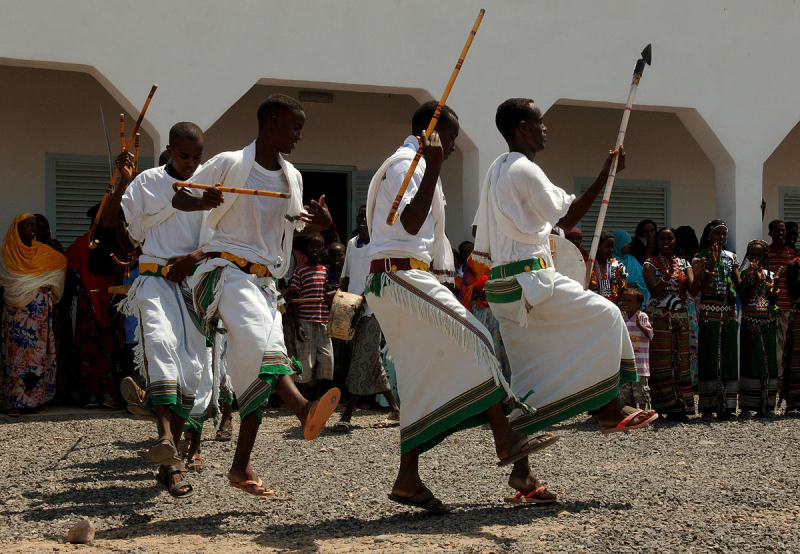
https://commons.wikimedia.org/ -
Birdquest's Somaliland and Djibouti birding tours are an exciting "off-the-beaten-path" journey in the Horn of Africa. Enjoy some magnificent birds on their Somaliland and Djibouti birding tour, including a fine suite of endemics that you either cannot see elsewhere or would find difficult to see, all while helping to pioneer a new birdwatching destination.
Somaliland is a former British colony of British Somaliland that was merged with Italian-ruled Somalia on decolonization, against the will of its people, and has since broken free of its troubled neighbor. Mega-specialties include Archer’s Buzzard, Archer’s Francolin, Little Brown and Heuglin’s Bustards, Somali Pigeon, Somali, Collared, and Lesser Hoopoe Larks, Somali Bulbul, Somali Wheatear, Somali Thrush, Philippa’s Crombec, Somali Starling, Somali Sparrow, Somali Golden-winged Grosbeak, and Warsangli Linnet.
They'll be looking for the endemic Djibouti Francolin, Crab-plover, Sooty and White-eyed Gulls, White-cheeked Tern, and Arabian Golden Sparrow during their exploration of Djibouti at the mouth of the Gulf of Aden. They have put together a really comprehensive birding tour to both Somaliland and Djibouti to look for the region's endemics and other restricted-range specialties for those brave enough to join this unusual and pioneering tour.
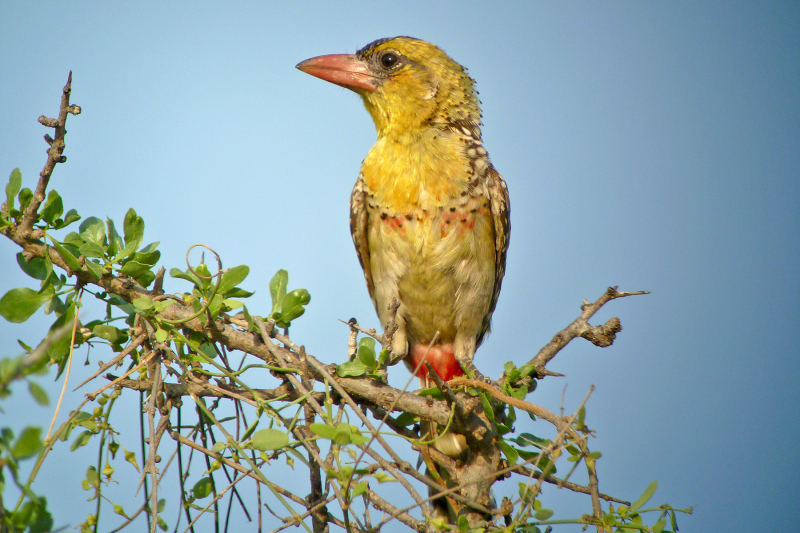
https://www.birdquest-tours.com/ 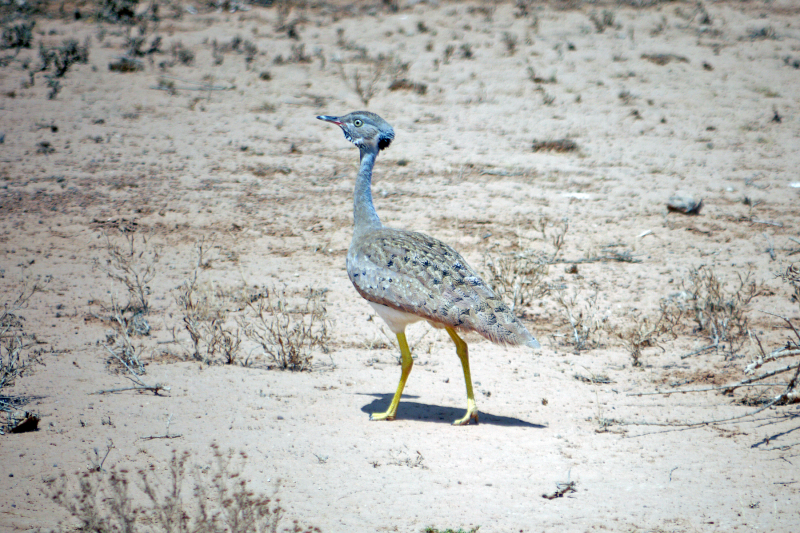
https://www.birdquest-tours.com/










